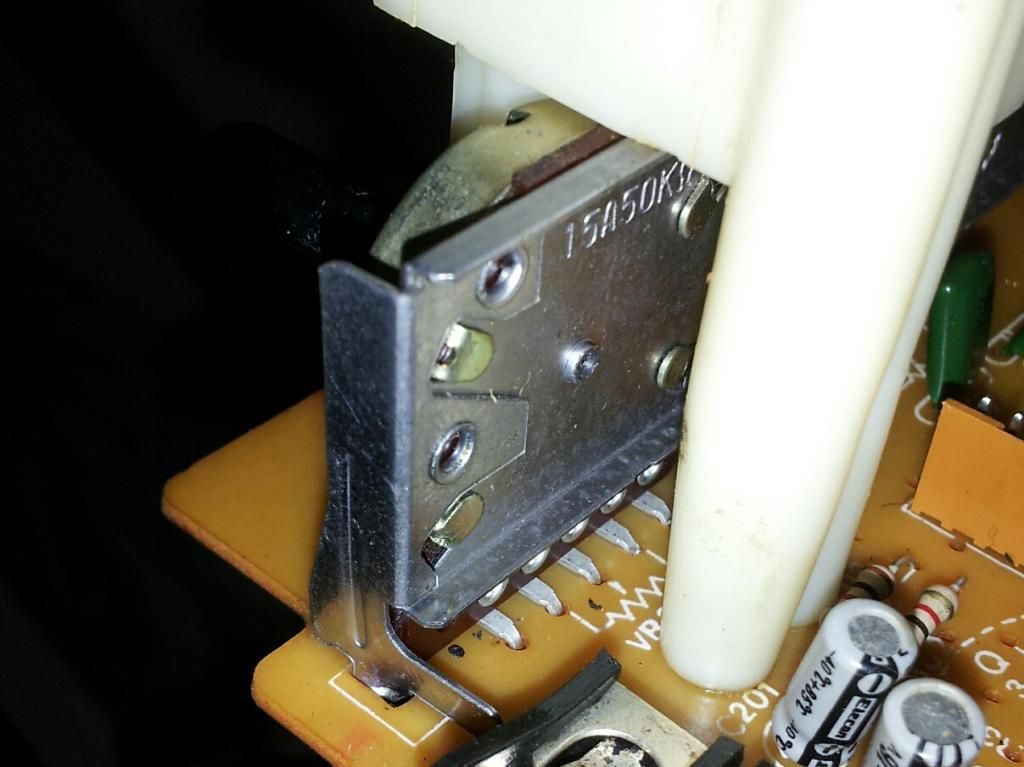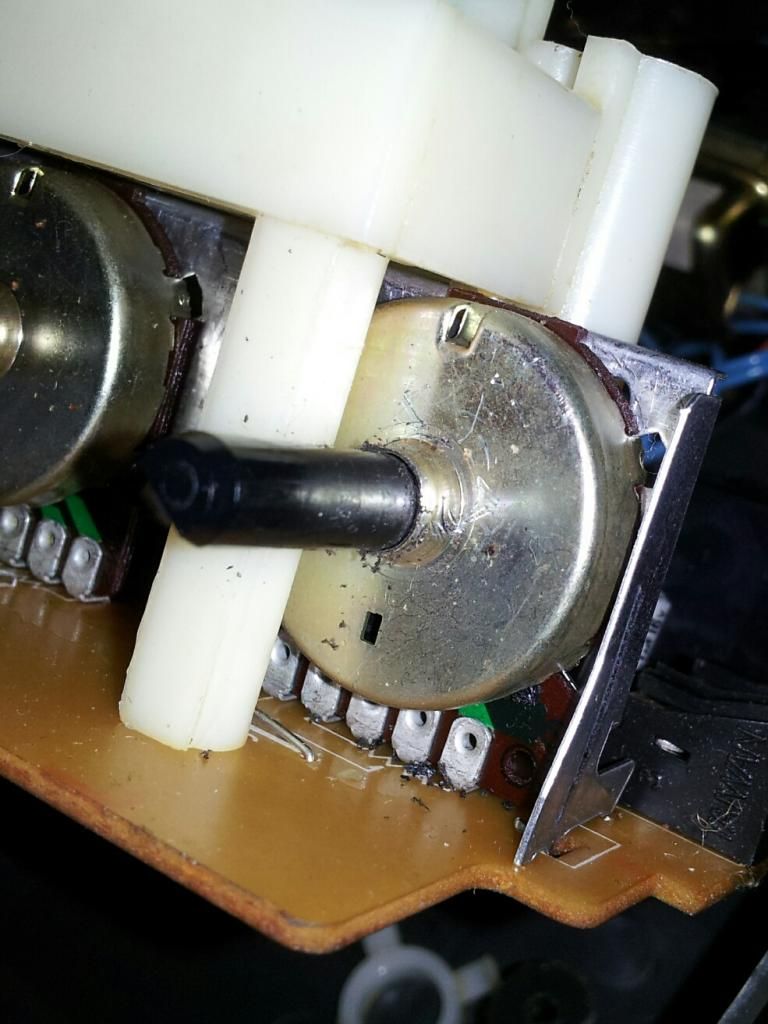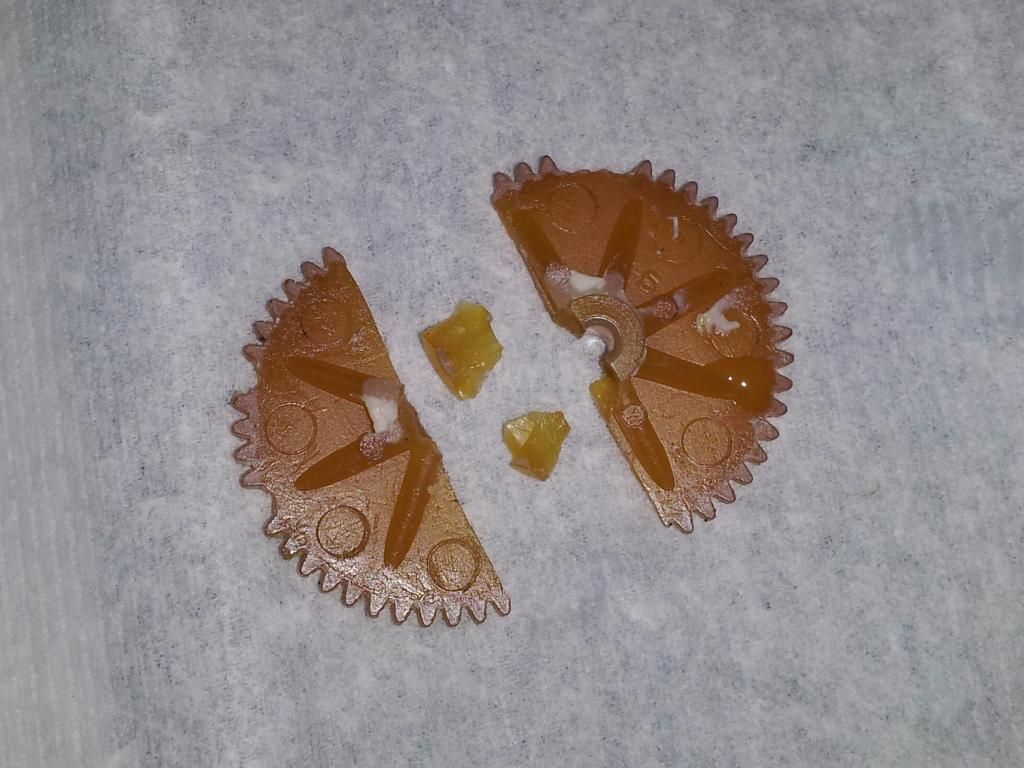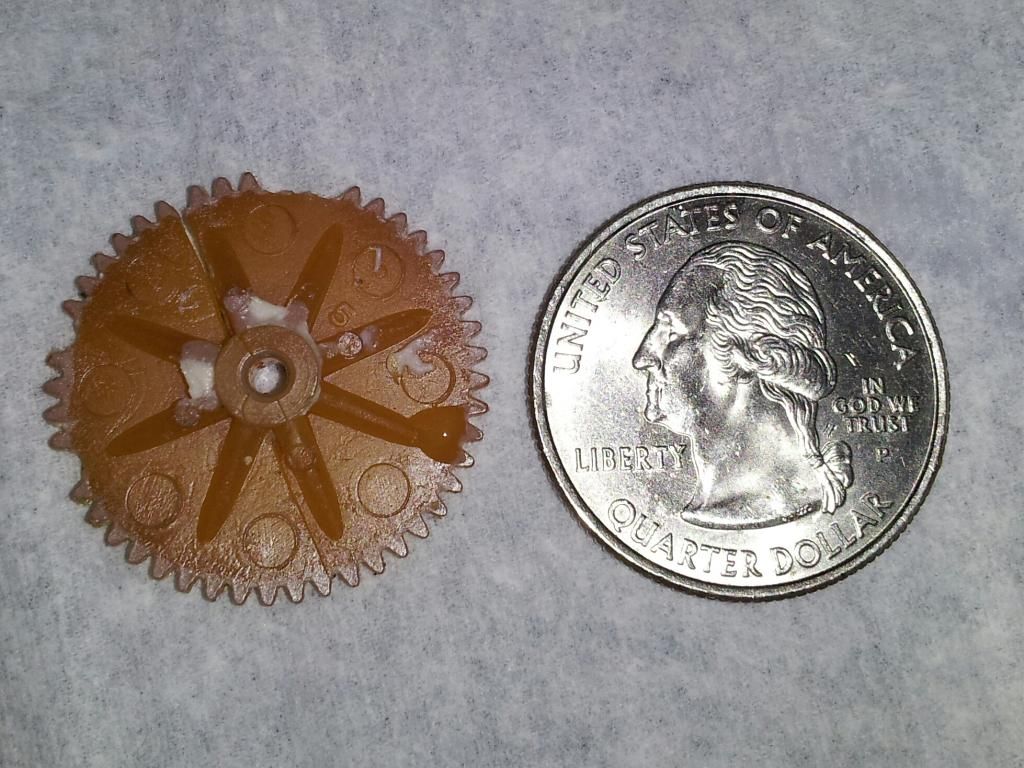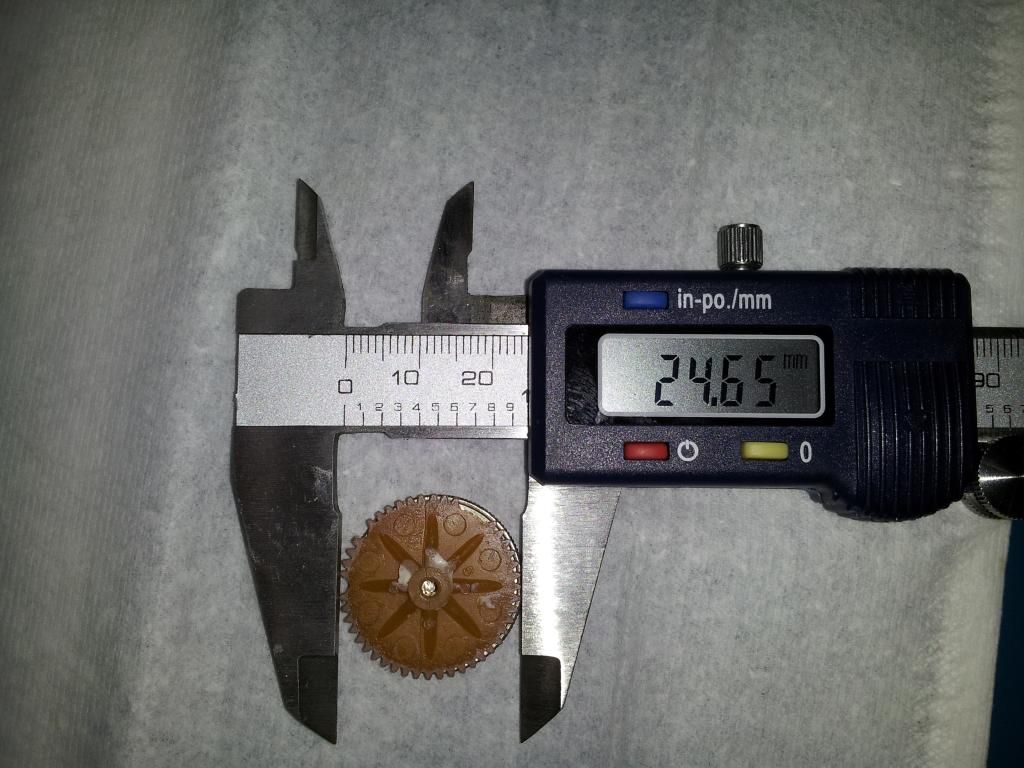Hi there!
The other day someone gave me an old Citizen Model JTR1295 cassette boombox that they were throwing out. It's in almost perfect shape, except for a stretched belt (one belt, the rest is gear driven) and a blown speaker, which is an SP-409W 4 Ohm, 2 Watt, 4 in. diameter speaker.
After searching all the electronic component websites I could find, I found nothing. All the speakers had at least one spec that was too high. Can any of you help me find one that would work? I would rather not have them repaired.
Thanks!
The other day someone gave me an old Citizen Model JTR1295 cassette boombox that they were throwing out. It's in almost perfect shape, except for a stretched belt (one belt, the rest is gear driven) and a blown speaker, which is an SP-409W 4 Ohm, 2 Watt, 4 in. diameter speaker.
After searching all the electronic component websites I could find, I found nothing. All the speakers had at least one spec that was too high. Can any of you help me find one that would work? I would rather not have them repaired.
Thanks!




